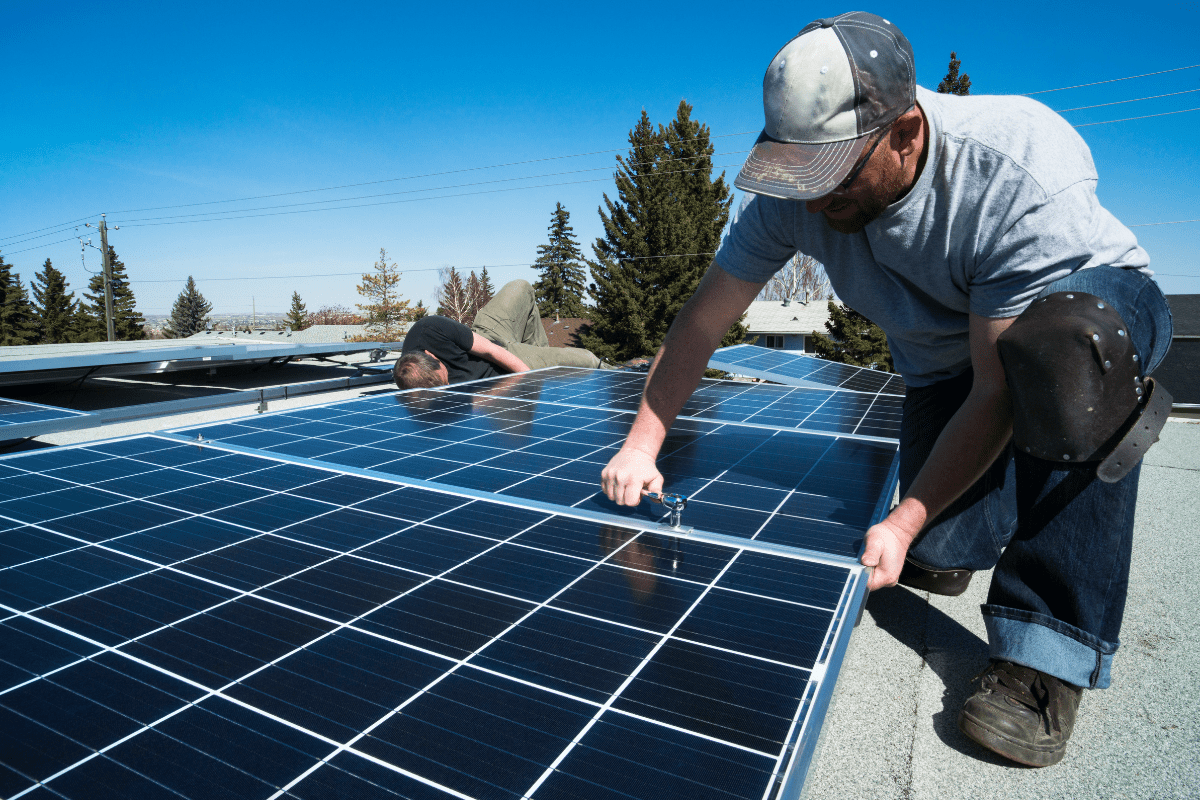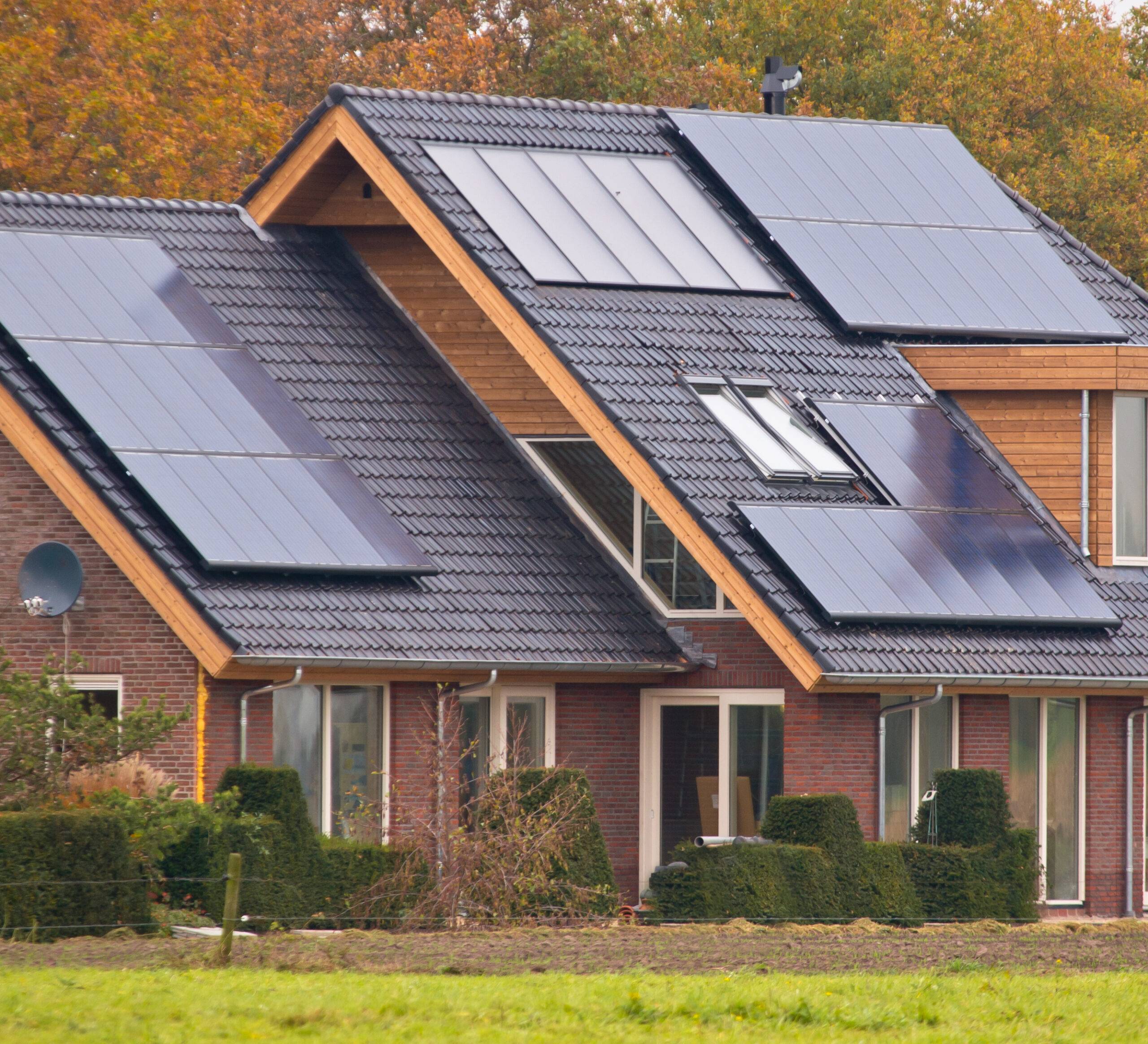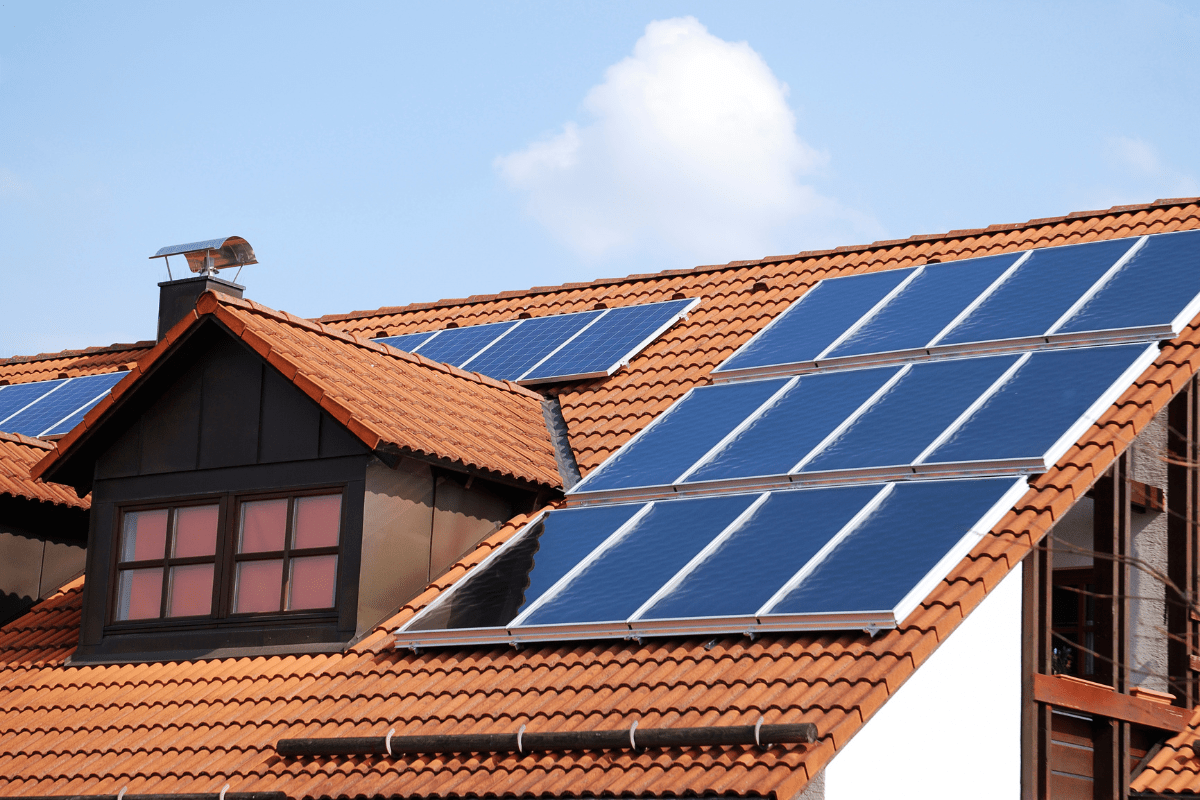The Pros And Cons of Solar Panels—What To Know Before You Buy
Solar panels are becoming increasingly popular as a source of renewable energy. Technology has come a long way in recent years, making it more efficient and cost-effective. While there are numerous benefits to using solar panels, such as reducing your carbon footprint and saving money on energy bills, there are also some drawbacks to consider.
In this article, we will explore the pros and cons of solar panels to help you decide whether they are the right choice for your home.

Pros of Solar Panels
Renewable and sustainable source of energy
Solar panels are a renewable and sustainable energy source because they use the sun’s energy to generate electricity, which is a never-ending and free power source. Solar panels do not emit harmful pollutants, making them environmentally friendly and sustainable for future generations.
Reduces carbon footprint and greenhouse gas emissions
Solar panels reduce carbon footprint and greenhouse gas emissions because they generate electricity from the sun’s energy, a renewable and clean power source. This means that using solar panels to power homes and businesses reduces the need for electricity from fossil fuels, which are significant contributors to greenhouse gas emissions.
By reducing the use of fossil fuels, solar panels help to mitigate the negative impact of carbon emissions on the environment.
Lowers electricity bills and saves money in the long run
Solar panels generate electricity from the sun’s energy, reducing your reliance on traditional electricity sources and lowering your electricity bills over time.
By producing your own energy, you can also take advantage of various incentives and rebates that can further reduce the cost of installation and maintenance. In the long run, investing in solar panels can save you significant money on your energy bills.
Requires minimal maintenance
Solar panels require minimal maintenance because they have no moving parts, and the materials used to make them are durable and long-lasting. They simply need to be kept clean to ensure maximum efficiency.
Improves property value and marketability
Solar panels can improve property value and marketability by reducing energy costs for the homeowner, increasing energy efficiency, and promoting environmental sustainability.
Additionally, homes with solar panels may attract buyers who are interested in eco-friendly and cost-saving features. Research has shown that homes with solar panels can sell faster and for a higher price than homes without them.
Provides reliable power in remote areas
Solar panels provide reliable power in remote areas by harnessing energy from the sun, which is abundant in most areas. This energy can then be stored in batteries for use when needed, making it a dependable source of power even in areas with limited access to the grid or other sources of electricity.

Cons
High upfront cost
The initial cost of installing solar panels can be expensive, deterring some homeowners from investing.
Dependence on sunlight
Solar panels rely on sunlight to generate electricity, which means they are less effective in areas with limited sunlight or during cloudy days.
Space requirements
Solar panels require a significant amount of space to be installed, which can be a challenge for homeowners with limited roof space or yard area.
Maintenance costs
Solar panels require regular maintenance to ensure they continue to operate efficiently, which can add to the overall cost of ownership.
Environmental concerns
Solar panels can have environmental impacts during manufacturing, and the disposal of panels at the end of their lifespan can also be a concern.
Intermittent electricity production
Solar panels only produce electricity when the sun is shining, which means they are not a consistent source of power and may require backup energy sources during periods of low sunlight.










